11 Creative And Foolproof Ways To Make A Million Dollars
Launch a one-person blog, master Facebook's algorithm, and make multiple millions in eight months.

Be an UberX driver in NYC for 10 years.
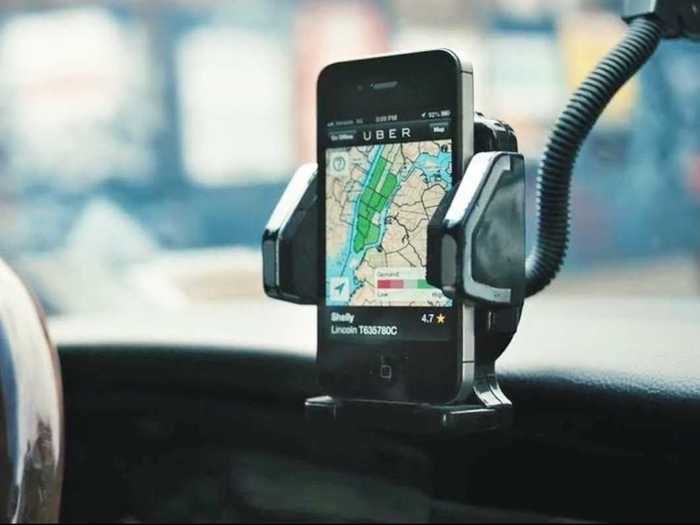
Median income of an UberX driver in NYC: $90,000
Amount drivers keep per ride: 80%
Million-dollar math: According to Uber, the median wage for an UberX driver working at least 40 hours a week in New York City is $90,766 a year and $74,191 a year in San Francisco. That mean 10 years of work in NYC could earn UberX drivers $1 million. It'd take 13.5 years in San Francisco. That's without the cost of owning an operating a car built in, however.
Who did it: N/A; Uber the company is only a few years old.
... or a Lyft driver for life. It will take you twice as long to make a million dollars as UberX, according to Glassdoor reviews.
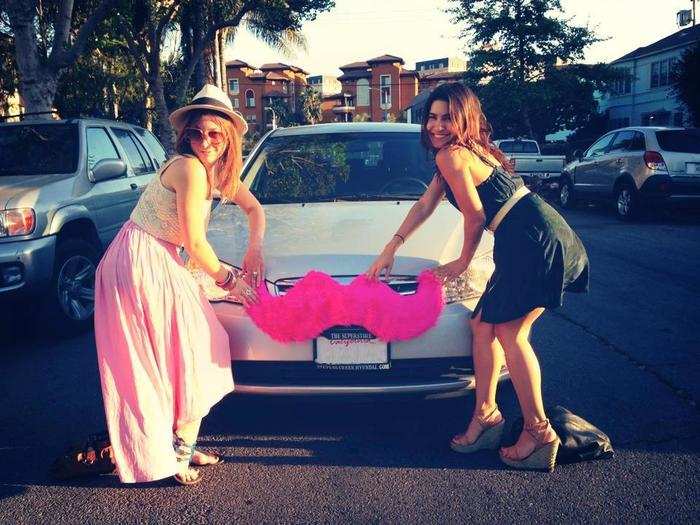
Hourly Rate: $22.20, according to four driver responses on Glassdoor. A Lyft driver also told Business Insider's Megan Rose Dickey that he makes $800 per week, working five days per week. That's about $42,000 per year.
Amount drivers keep per ride: 80%. Lyft keeps 20% just like Uber, unless it's during "prime (busy) time" on the app, during which case the drivers keep it all.
Million-dollar math: Assuming drivers work 40 hours per week, they'd have to work 21 or 22 years to make $1 million.
Who did it: N/A
Dog-sit for 6,667 pups on DogVacay.
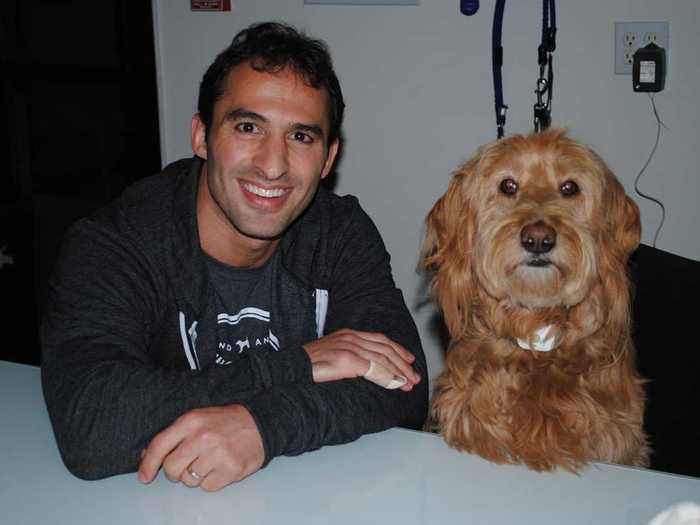
Average amount made per dogsitting: According to DogVacay, the average host could expect to make about $150 for a five-day Vacay (which is the average length for a first-time booking). That's after the 15% cut DogVacay takes per booking. The average payment varies from city to city, however.
You keep: 100% of that.
Million-dollar math: $150 x 6,667 dogsits = $1,000,000
Who did it: N/A
Create a frustrating, viral app like 'Flappy Bird' and keep it in the App Store for at least 20 days.

Payment from mobile ads: At its peak, "Flappy Bird" creator Dong Nguyen says he was making $50,000 per day on his free app by running a tiny mobile ad banner at the top of the game.
Million-dollar math: $50,000 per day x 20 days = $1,000,000
Who did it: Dong Nguyen created "Flappy Bird" last spring and claims he organically grew it to the top spot in the App Store. While "Flappy Bird" was at the top, Nguyen told The Verge's Ellis Hamburger it was generating $50,000 per day. After about a month, Nguyen removed the app from the App Store and Google Play because he felt his game was "too addicting."
Sell 714,286 self-published books on a Kindle.

Average cost of a book sold: $2
You keep: 70%
Million-dollar math: For every $2 book sold, you keep $1.40. $1.40 x 714,286 books = $1,000,000.40
Who did it: 29-year old Amanda Hocking was the best-selling "indie" writer on the Kindle store a few years ago. She was selling around 100,000 copies per month at $1 to $3 a pop, which set her on track to pocket a few million dollars.
Sell 10,262 business plans on eBay.
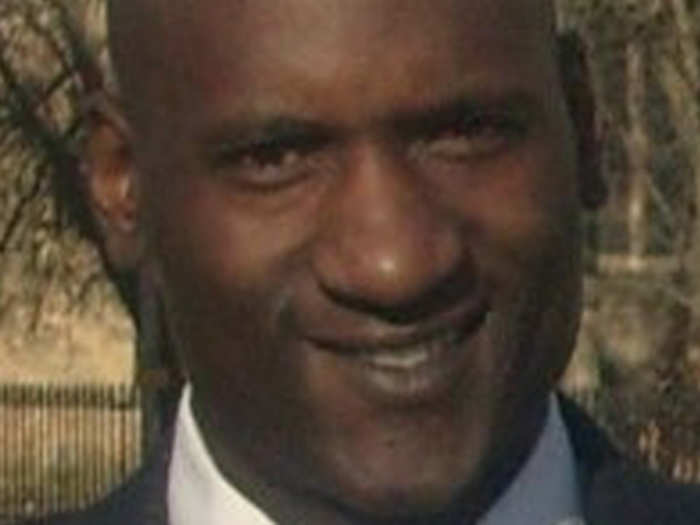
Cost per business plan: $111 (£68)
Profits you keep: eBay charges a $0.50 insertion fee, 15% of the initial $50.00, plus 5% of the remaining final sale price balance, which leaves you with $97.45 per business plan sold.
Million-dollar math: $97.45 x 10,262 business plans = $1,000,031.90
Who did it: A few years ago, Samuel Katabaaz tried to sell 99,999 copies of his startup's business plan for £68 each. The idea was to fund his startup without giving up any of the equity. It's not clear how many items he actually sold.
Come up with something really innovative, like a smartwatch, and get it funded on Kickstarter or Indiegogo.
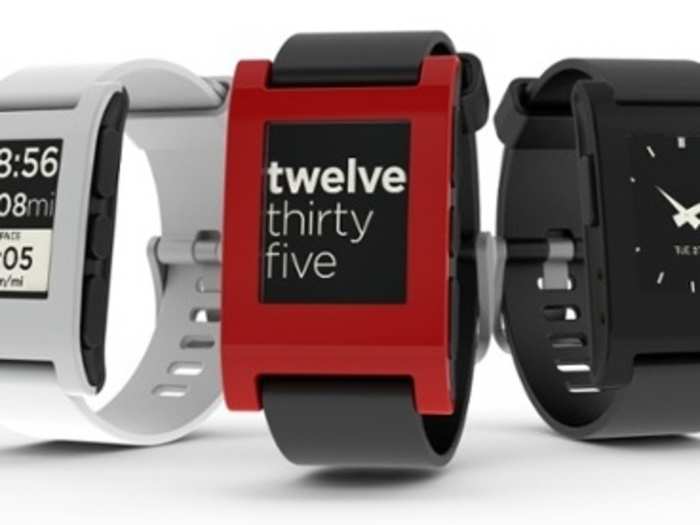
What Kickstarter and Indiegogo are: Crowdfunding sites that let people submit their ideas for projects or inventions. If the community likes the ideas, they can contribute money to the cause to help it come to life.
Cost: $0 to set up the Kickstarter or Indiegogo page, although creating a video and visuals could eat up some marketing dollars.
Million-dollar math: On Kickstarter and Indiegogo, you set a goal of how much money you'd like to raise from the community for your invention (example: "$1 million"). You can exceed that goal, too. On Kickstarter, you must reach your goal to collect the community's money. Kickstarter takes about 5%. On Indiegogo, you collect the money, no matter how much is raised.
Who did it: Many people have raised over $1 million for their startup ideas on both crowdfunding sites. They don't get to pocket the money, though. Instead, they're supposed to use the funds to bring the product to market, although many products never end up being mass produced. One of the most successful Kickstarter campaigns ever was the Pebble Watch, which raised $10 million in just a few weeks and arguably persuaded tech giants such as Samsung and Apple to create rival smartwatches.
Invent a really good idea on Quirky and rake in royalties like Jake Zien did with his product, Pivot Power.

What Quirky is: Quirky is an invention site that lets the community submit million-dollar ideas. It chooses the best ones, then sells them in partnering stores and online.
Cost: $0 to submit an idea. If your idea gets selected for production, you'll have to split the profits with both Quirky and the website's community. The inventor gets a lifetime royalty of 30% of online sales (wholesale) and 10% of retail sales (in Bed Bath & Beyond stores) if Quirky decides to turn the idea into a product.
Million-dollar math: A product like Quirky's popular power strip, Pivot Power, retails for $30. More than 665,000 of the items have been sold. If you assume the inventor, 24-year-old Jake Zien, gets $3 to $9 per sale, the idea easily makes him a millionaire.
Who did it: Quirky founder Ben Kaufman told Inc that Jake Zien would be the site's first millionaire in December. "Kaufman claims, in fact, that Zien should make $1 million in Pivot Power royalties in 2013 alone, and then every year after, because the product is branching out into an entire line of Pivot Powers. There's a mini edition, a rugged version, and versions for various foreign power-outlet configurations," Inc's Josh Dean writes.
Rent your Manhattan apartment through Airbnb for 10,309 nights.

What it is: Airbnb lets users rent rooms in their homes to strangers for an amount and length of their choosing. Hosts can set nightly, weekly, and monthly rates.
Average cost per rental: Hosts can charge renters whatever rate they want. Costs depend a lot on the host's location, though. The recommended nightly price for a private bedroom in New York City, for example, is about $100. Airbnb takes a 3% host fee.
Million-dollar math: $97 x 10,309 nights = $1 million
Who did it: A few years ago, a man named Daren said he made $100,000 on Airbnb off his London rental. A man named Jeff said he had made $90,000 from his Paris rental. Here are a bunch of other people running six-figure businesses off Airbnb. There don't seem to be any Airbnb millionaires yet.
Sell 1,000,000 pixels on a webpage to advertisers.
Cost per pixel: $1
You keep: 100% of the money
Million-dollar math: $1 x 1,000,000 pixels = $1,000,000
Who did it: When Alex Tew was 21, he accomplished this feat.
For some more absurd ways to make money, check out:
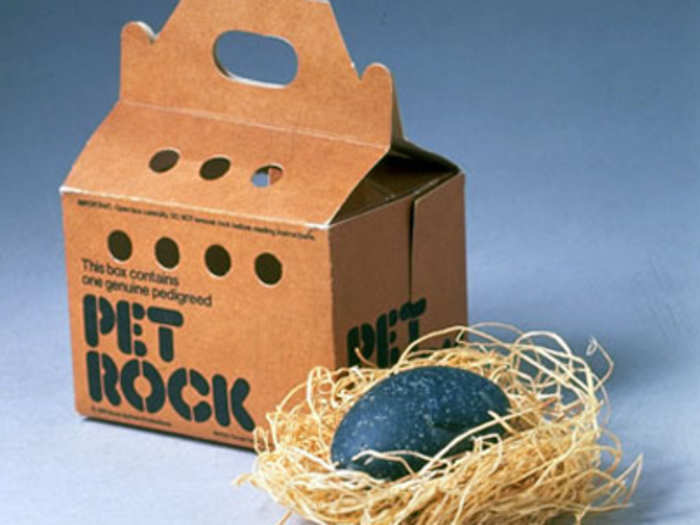
Popular Right Now
Popular Keywords
Advertisement